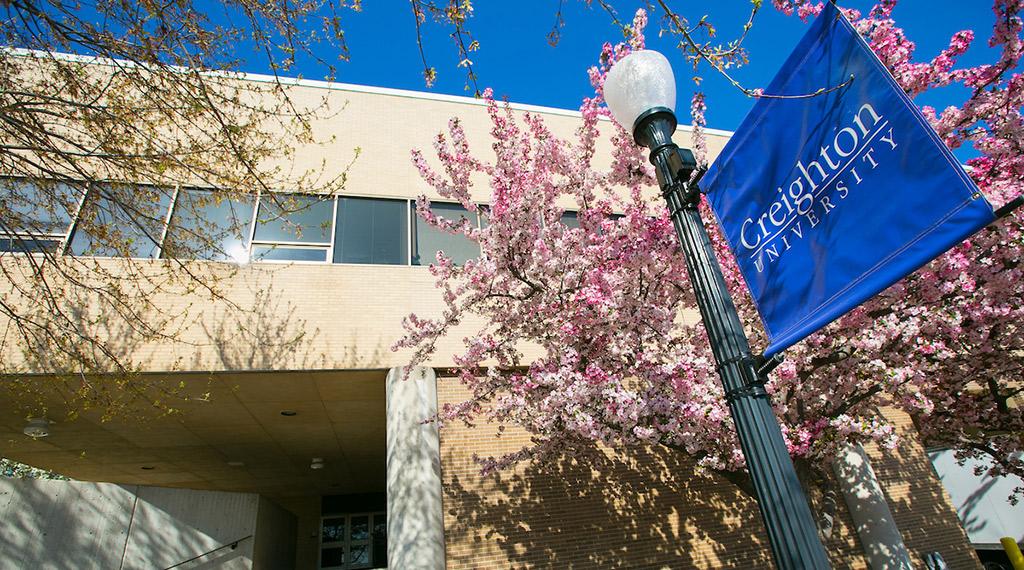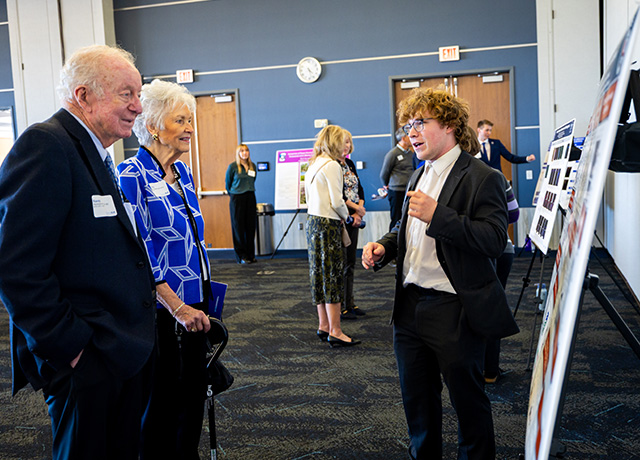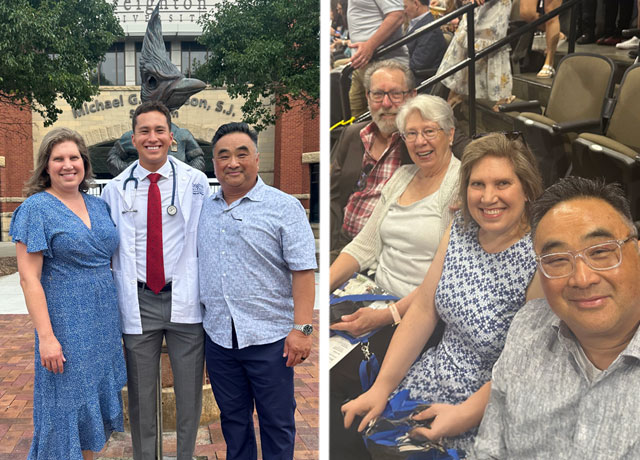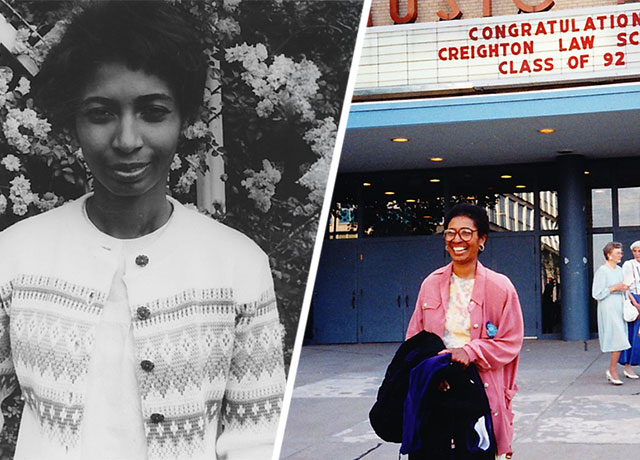Featured Testimonial About Creighton University

Through the Juvenile Justice Clinic, the School of Law will increase our service to the Omaha community and expand opportunities for students to have meaningful, hands-on legal experience while helping children in need.

By Shannon Sherman
A new grant-funded clinic at Creighton University will help fill a vital need in the community—dedicated and holistic legal representation for Douglas County youth.
The Creighton University School of Law Juvenile Justice Clinic will serve as a small law firm, providing opportunities for both classroom learning and real-world experiences for third-year law students. The student-attorneys will provide free legal services for youth with open cases in the Separate Juvenile Court of Douglas County.
Anonymous donors have committed nearly $1 million to help launch and fund the clinic for five years.
“Through the Juvenile Justice Clinic, the School of Law will increase our service to the Omaha community and expand opportunities for students to have meaningful, hands-on legal experience while helping children in need,” said Joshua Fershée, JD, dean of the School of Law. “It’s an important opportunity to live our mission — educating attorneys in the Jesuit tradition of service, ethics and compassion — and we are grateful to the donors for making it possible.”
The clinic will be staffed each semester by up to eight students certified as student-attorneys under the Nebraska Supreme Court student practice rule. Each student will enroll in a semester-long class, receive intensive training to advocate effectively for their clients and serve as lead attorneys on a variety of cases. Students will be responsible for all aspects of their assigned court cases.
The clinic seeks to address concerning trends in the juvenile court system. A 2019 study by Voices for Children demonstrated issues in delinquency and status offenses, excessive detention, education needs and racial inequity for youth involved in juvenile court in Nebraska.
The study revealed that there were 52 youths in detention per day who stayed 46 days on average. The same study found that prosecution of felony offenses for juveniles has increased by 142% since 2015. While African Americans represented 12% of the population in Douglas County, they accounted for 55% of people in the juvenile court system.
Increasing access to ethical and effective representation is vital to reversing these trends, said Joy Suder, JD’08, assistant professor in the School of Law and director of the Juvenile Justice Clinic.
“The stakes for juvenile offenders are high. Children and teens don’t have the skills to protect their own rights in court,” said Suder, a former Douglas County assistant public defender. “When children and teens don’t believe their voice is important or being heard in court, it increases the likelihood of recidivism and can lead to juveniles spending more time in the system.”
The clinic will employ a holistic approach to juvenile justice, partnering with nonprofits for assessments and referrals for additional support — such as food programs, mental health services and access to education and job training.
The Creighton University School of Law is well-suited to house a Juvenile Justice Clinic, Dean Fershée said. The school’s Milton R. Abrahams Legal Clinic has clinical operations in domestic violence, immigration, and civil and housing matters, and continues to serve clients in need. This experience provided foundational knowledge and infrastructure to open the Juvenile Justice Clinic.
“Our experiences serving the community and strong relationships with the judiciary, local attorneys and area nonprofit organizations will allow the new clinic to have an almost immediate impact,” Fershée said.
Eventually, the juvenile justice clinic’s approach could serve as a policy model to be replicated throughout Nebraska and across the nation, and lead to changes in the law.
“The intent is to expose students to cutting-edge issues in the field of juvenile justice while serving children in need. We want to provide a foundation for students who may go on to practice this specialized area of the law, whether as a defender, guardian ad litem, or prosecutor,” Suder said.


